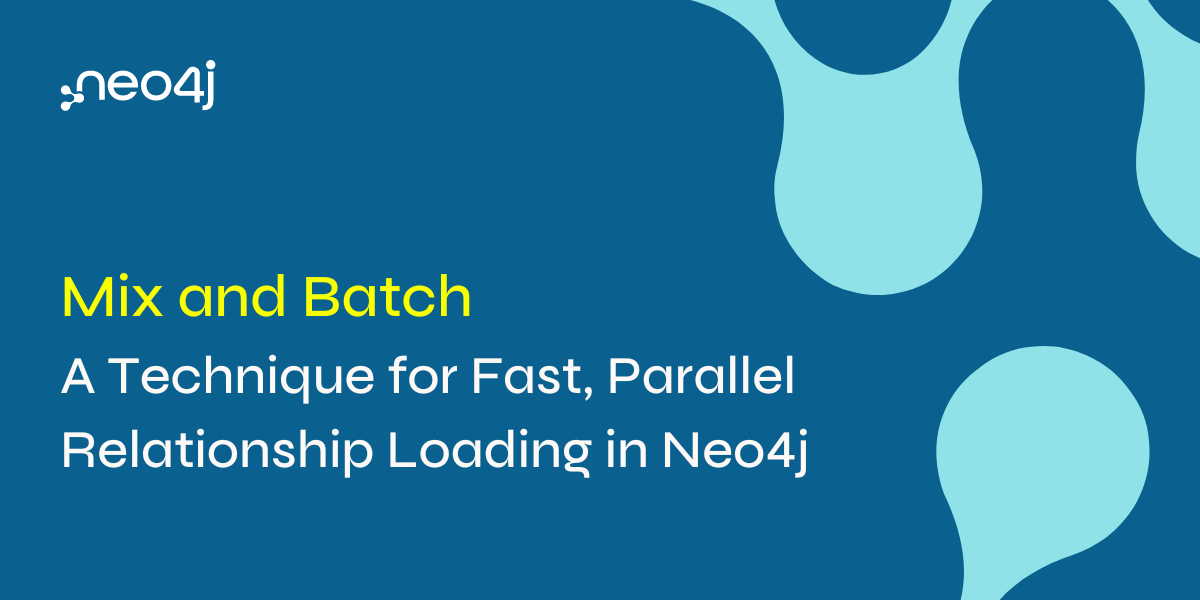Google Summer of Code for Graph-Based Software Analytics

Head of Product Innovation & Developer Strategy, Neo4j
2 min read

I’m happy to publish this call for participation for Richard Müller, the researcher from the Leipzig University that I’m working with on graph-based software analytics, one of my favorite past-times.
A joint paper on an open-source stack for this topic was accepted and presented by him at the VISSOFT conference in Madrid.
The research group Visual Software Analytics takes part in this year’s Google Summer of Code. This is a Google-funded program to promote open source software.

As a participant, you work independently on one of the projects offered and receive a scholarship from Google in the amount of $5,000 (approx. €4,700). The development period is 3 months (27 May – 26 August 2019). For more information, please visit the official website.
You would be working with this kind of hardware,languages and tools.
- Hardware: HTC Vive, Oculus Rift, Microsoft HoloLens
- Visualization frameworks: A-Frame, x3d, x3dom, d3, Unity
- Programming languages: Java, Ruby, JavaScript, Xtext, Xtend, C#
- Frameworks and tools: React, Ruby on Rails, jQAssistant, Neo4j
We offer a variety of projects around Getaviz and jQAssistant.
The projects range from classic software development with Java or Ruby, to web development with JavaScript, and up to designing a virtual reality application for HTC Vive. As we use the graph database Neo4j as a primary data source it is also involved in some of the projects.
- Scanner plugins for jQAssistant
- Facilitation of Ruby Parsing
- HoloLens Support
- Oculus Rift Support
- Performance A-Frame
- Visualization metaphors
- Porting Generator to Neo4j
- Circle of related elements
- Magnifiers and Previews
- User-driven decorative animations
- Extend HTC Vive Support
- Software visualization components
- Interaction Tracking
The details for each project and mentors are available here.

If you are interested, please contact the corresponding mentor and discuss the next steps with him. An application is possible until April 9, 2019 and includes a short cover letter as well as a project plan consisting of tasks and milestones that has been worked out and agreed with your mentor.
We look forward to your application and wish you a successful Google Summer of Code 2019!








